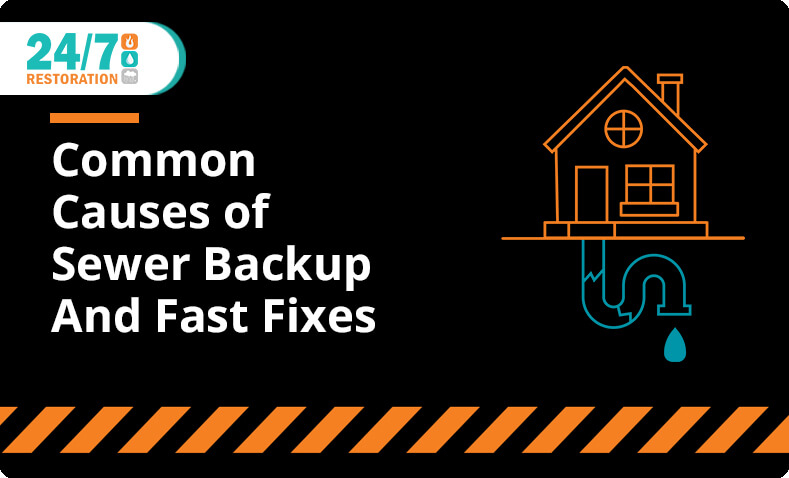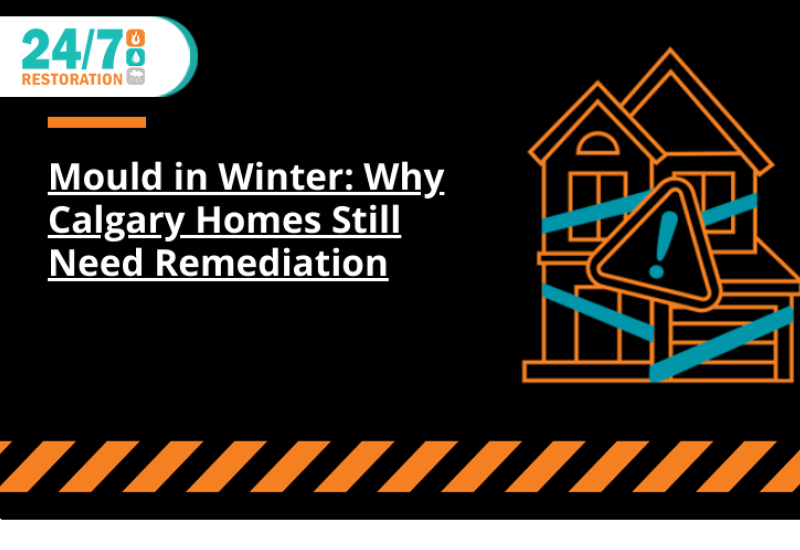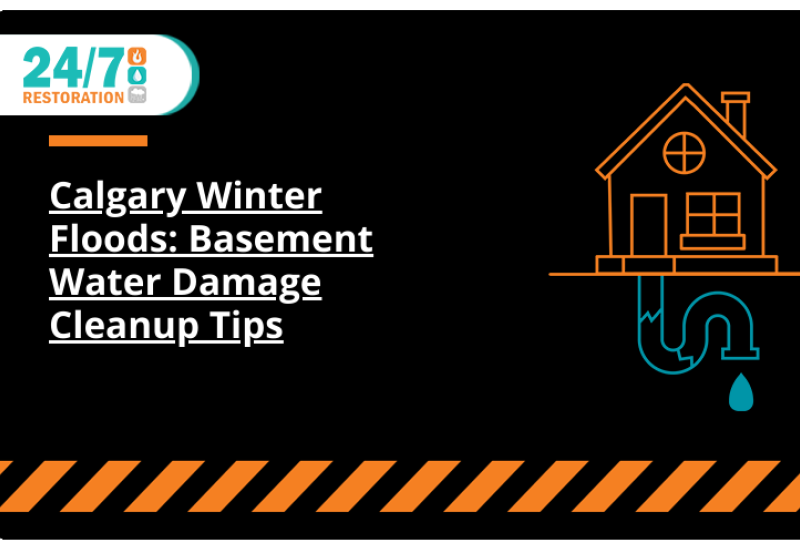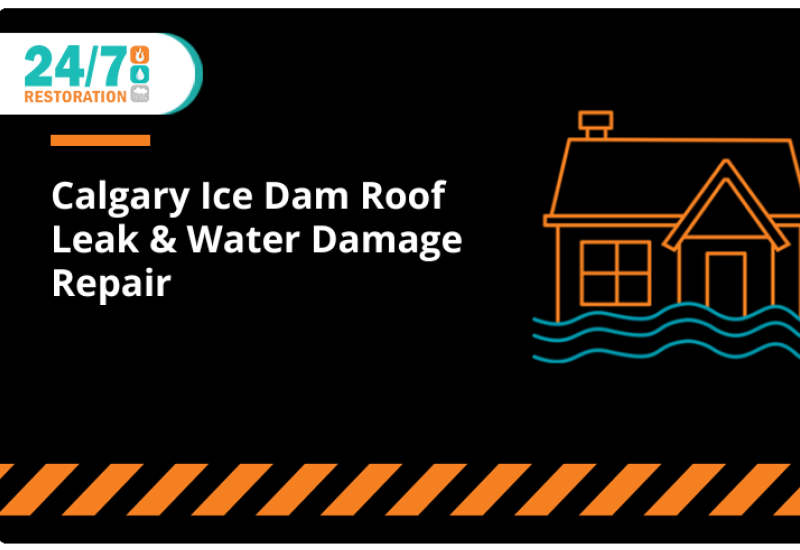What Causes Sewage Backup
- Clogs. The most common cause of sewer backups is clogs. They can be caused by a buildup of material including hardened grease and hair. Because these build up gradually, you will likely notice the drain working less effectively over time and you will be able to fix it. Clogs not caused by buildup are often caused by flushing items that are not meant to go in drains, such as paper towels, baby wipes, feminine hygiene products, dental floss, cotton swabs/cotton balls, or even small toys. When these items are flushed or fall down a drain, they can cause an immediate and complete blockage.
- Roots. Over time tree roots can grow into a house’s plumbing line, or they can grow around the pipes and crush them. This root invasion typically happens when there is a leak in the pipe and the tree root seeks out the source of the water and nutrients, infiltrating the pipe through any cracks. The best way to avoid having tree roots damage your sewer pipes is through prevention. If you plant new trees, make sure they are away from the pipe system. Also ensure you are monitoring your tree growth each year and watching for signs of potential root invasion.
- Sewer Main Blockages. The sewer main is the pipeline that runs through the public street and is maintained by the city or district. Blockages in the sewer main are often caused by buildup similar to those in the home, except it will affect all of your drain systems, not just one. Sewer main backups can also be a problem during or after extreme rainfall and during flooding conditions. Water may also come back up through the drains and cause sewage backup and flooding. If this happens, try to shut your water off and seal off your drains. Contact your municipality immediately.
How To Fix Sewage Backups
- Use a Plunger. Clogs caused by items that are stopping up the drain can often be fixed with a plunger. Plungers aren’t just for toilets; you can use them on bathtub drains and sink drains as well.
- Liquid Drain Cleaners. This type of product works particularly well if the issue is due to buildup, but it can be used for other types of clogs as well. If it’s a complete blockage, you’ll want to use a gel drain cleaner. It’s important to remember not to use any form of drain cleaners on toilets, as it can ruin the wax seal and cause even more issues. Chemical drain cleaners can be hard on pipes and are not great for the environment so although a quick fix for an occasional problem, do not use them frequently or for recurring clogs and backups.
- Drain Snakes. These are especially handy for clogs caused by hair, and they’re affordable and easy to use. Drain snakes work well for smaller drains, such as sinks or bathtubs, but for bigger pipes, you’ll want to upgrade to an auger, or hire a professional to use an electric auger. Augers are a lot more heavy duty than drain snakes and they cut through clogs that may be further down the pipe system.
If You Have Sewage Backup, Call The Experts At 24/7 Restoration In Calgary
If your sewage backup is being caused by something that can’t be fixed by any of the above means, then it’s time to call the restoration experts at 24/7 Restoration to clean up your situation. If your home has sewage backup, don’t try to clean up by yourself. Sewage water can contain bacteria and viruses that cause illness and sewage water can create noxious gasses that are dangerous to breathe in. If the sewage backup is not properly cleaned up, it can lead to mould growth and contamination. To keep your home and all who live in it safe, let our professional cleanup crew take care of any sewage issues and ensure everything is decontaminated and repaired correctly. If you need the help of Calgary’s top restoration experts and our crew of skilled, experienced, and IICRC certified team members, call 1-403-247-4365 or fill out the contact form.
FAQ
Q: What do I do if there’s sewage backup in my house?
A: The first thing to do is to call a restoration service such as 24/7 Restoration in Calgary. Don’t go into the area yourself; not only will the water contain dangerous contaminants, but there may be electrical wiring that’s still energized and you don’t want to risk injury. If your breaker is in a different room than the one with the sewage backup, flip the breaker to avoid more damage to your house. Once the restoration crew is there, they’ll give you further instructions.
Q: What are the health risks and hazards associated with a sewer backup?
A: Sewage water exposure can cause respiratory infections and allergic reactions. This is why it’s so important to call in experts like the team at 24/7 Restoration. They’ll make sure everything is properly cleaned up and decontaminated.
Q: If I’m buying an auger for myself, what kind should I get?
A: If you’re looking for an auger for home use, get a hand crank variety. They’ll work for basic clogs that are in hard to reach areas. Anything electric is meant for professional use, so avoid those.




